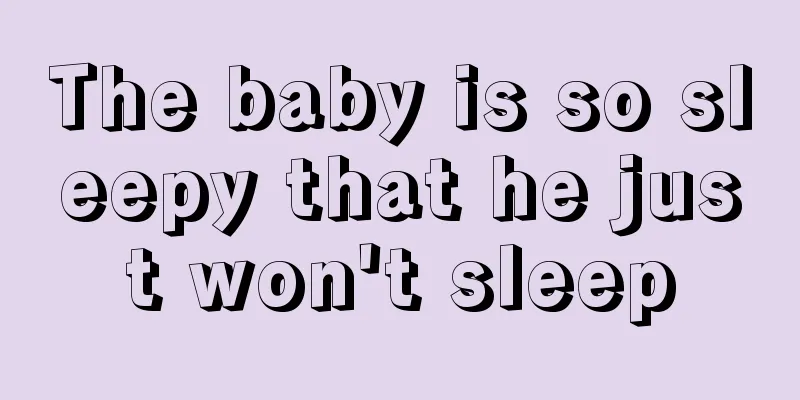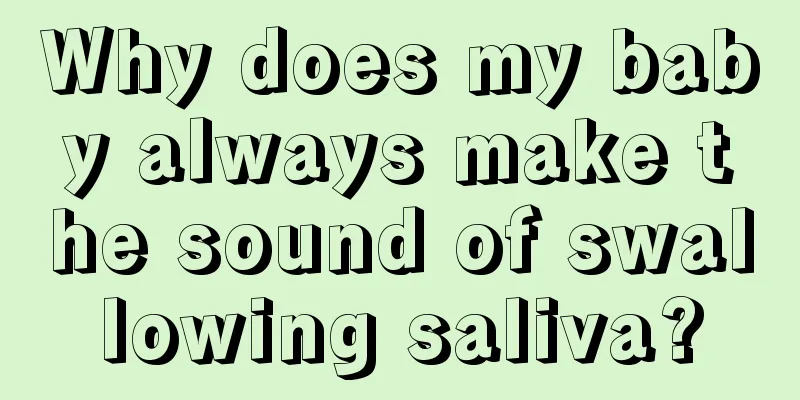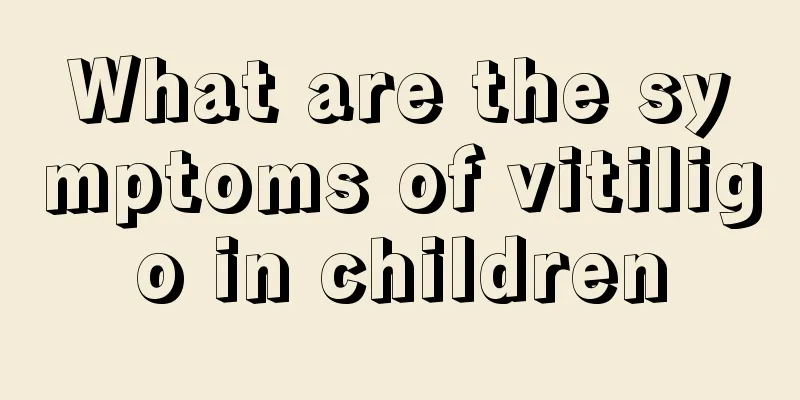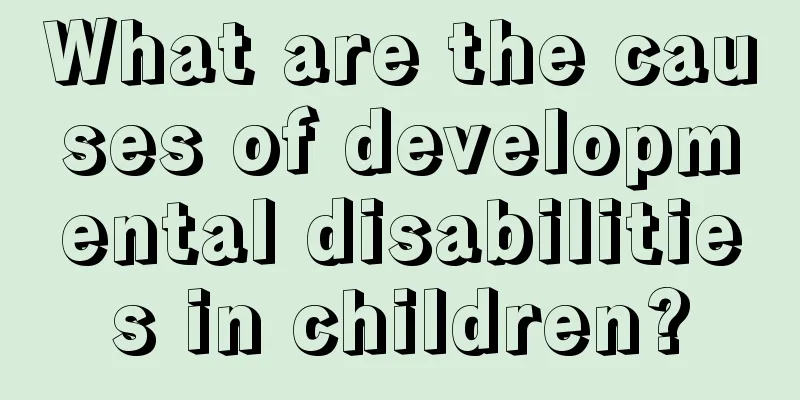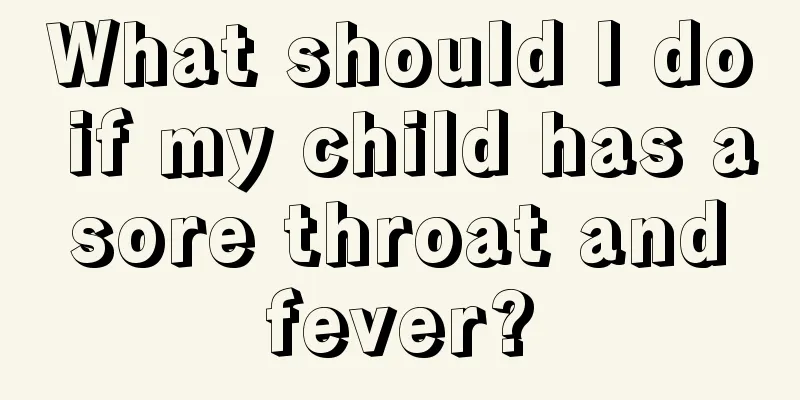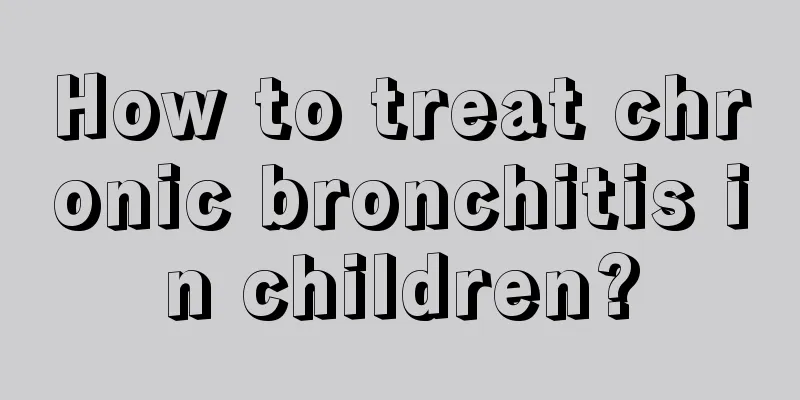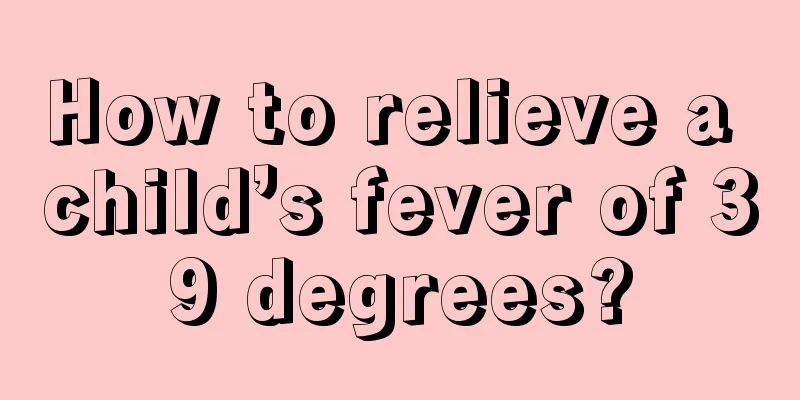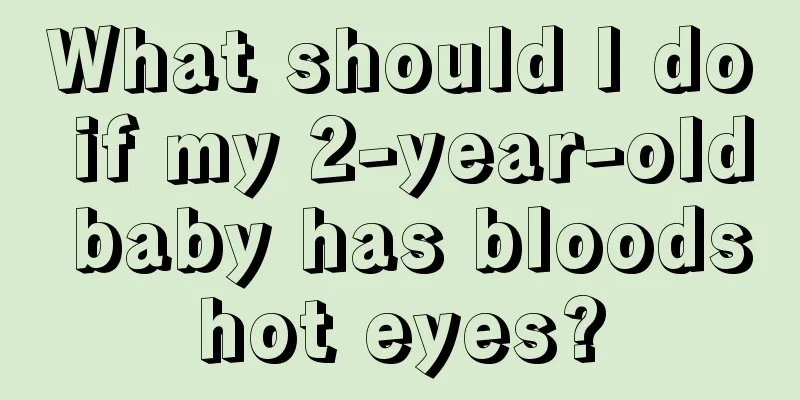Can purpura nephritis in children be cured?
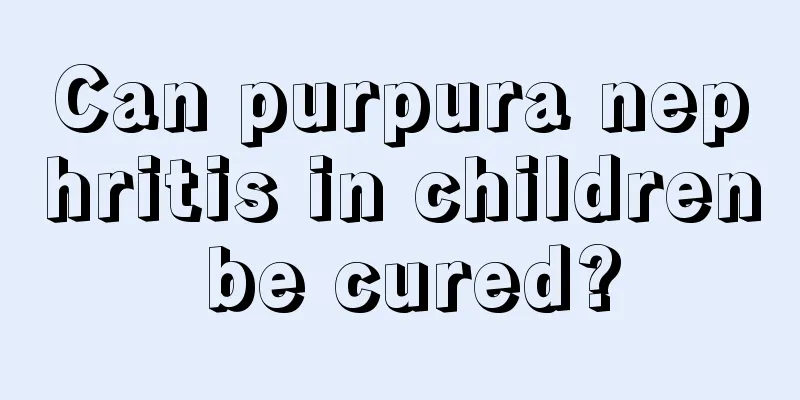
|
Childhood purpura nephritis, also known as Henoch-Schonlein purpura nephritis, is an immune disease that causes kidney damage due to systemic small vessel inflammation. After all, childhood purpura nephritis is a kidney disease. When it occurs in children, it has a great impact on their health. In addition to being most concerned about treatment, parents are most concerned about whether it can be cured. So, can purpura nephritis in children be cured? Let’s take a look below. According to different classification standards, there are three classification methods for childhood purpuric nephritis: ① Clinical classification of childhood purpuric nephritis, which is mainly based on the common clinical symptoms of children with purpuric nephritis; ② Pathological classification of childhood purpuric nephritis, which is mainly based on pathological changes after light microscopy of renal biopsy; ③ Immunopathological classification of childhood purpuric nephritis, which is mainly based on the deposition of immune complexes after fluorescent examination of renal biopsy, and is divided into IgA; IgA+IgG; IgA+IgM; IgA+IgG+IgM.treat There is currently no specific treatment for purpuric nephritis in children. Symptomatic treatment is the main treatment, with attention paid to protecting renal function. 1. Lightweight No special treatment is required, and symptomatic and supportive treatment is the main approach, avoiding contact with allergy-causing foods and drugs. Sensitive antibiotics can be used when there is clear infection.
The main functions are to lower blood pressure, promote diuresis, control infection foci, and protect kidney function. Specific medication is the same as that for acute glomerulonephritis. 3. Nephrotic syndrome Adrenal cortical hormones can be used, usually prednisone. 4. Rapidly progressive nephritis and chronic nephritis The treatment is usually combined with hormones, cytotoxic drugs, anticoagulants and traditional Chinese medicine. Renal failure can be treated with dialysis. For rapidly progressive nephritis, methylprednisolone pulse therapy can be used early.
More than half of children with Henoch-Schonlein purpura can recover from kidney damage on their own, but a small number of children still have persistent hematuria, proteinuria and hypertension for a long time. About 2% of children develop end-stage nephritis, especially those with glomerulonephritis showing crescent formation in pathological examination. More than 80% of them develop end-stage nephritis within 1 year. |
<<: Symptoms of indigestion in one and a half year old baby
>>: Can children's pharyngitis be cured?
Recommend
What to do if your child has a stuffy nose
It is definitely troublesome for parents if their...
Signs that babies are always hungry
There are many babies who are always hungry, so p...
Warts on your child's face?
It is quite common to have warts on the face. Gen...
What is the reason for yellow urine in babies?
Nowadays, most families have only one child. A ch...
What happens if a child ejaculates?
There are many reasons in life that can lead to p...
Reasons and solutions for babies shaking their heads
How much do you know about babies shaking their h...
Reasons why babies shake their heads when they sleep
Many mothers encounter a lot of troubles in the p...
What causes rashes in children?
Skin problems are always similar and it is diffic...
Reasons why babies spit up a lot
Many expectant mothers will find that their babie...
What to do if your child is very stubborn? Solve the mother's troubles
Children in today's families are usually spoi...
What to do if your child has a stuffy and runny nose
Runny nose is a common phenomenon in many people,...
How should the baby’s diet be arranged when he has a fever?
For new mothers, once their baby has a fever, the...
At what age can a mole on a child's face be removed?
A mole is a normal growth of the human body. It i...
Can babies use air conditioning when they have a runny nose?
I often hear the older generation in my family sa...
What are some things that children can use to ward off evil spirits?
China is a traditional country deeply eroded by f...
